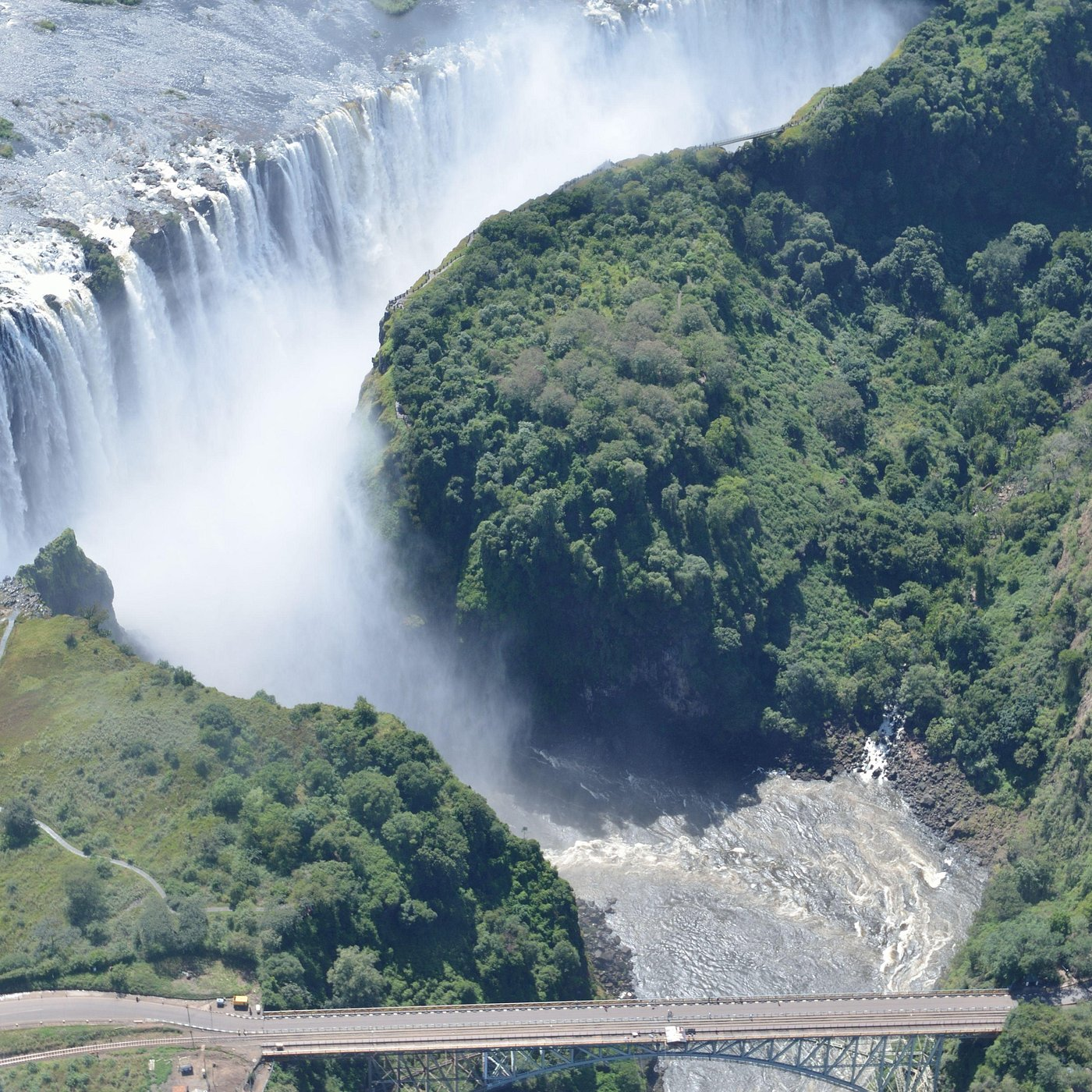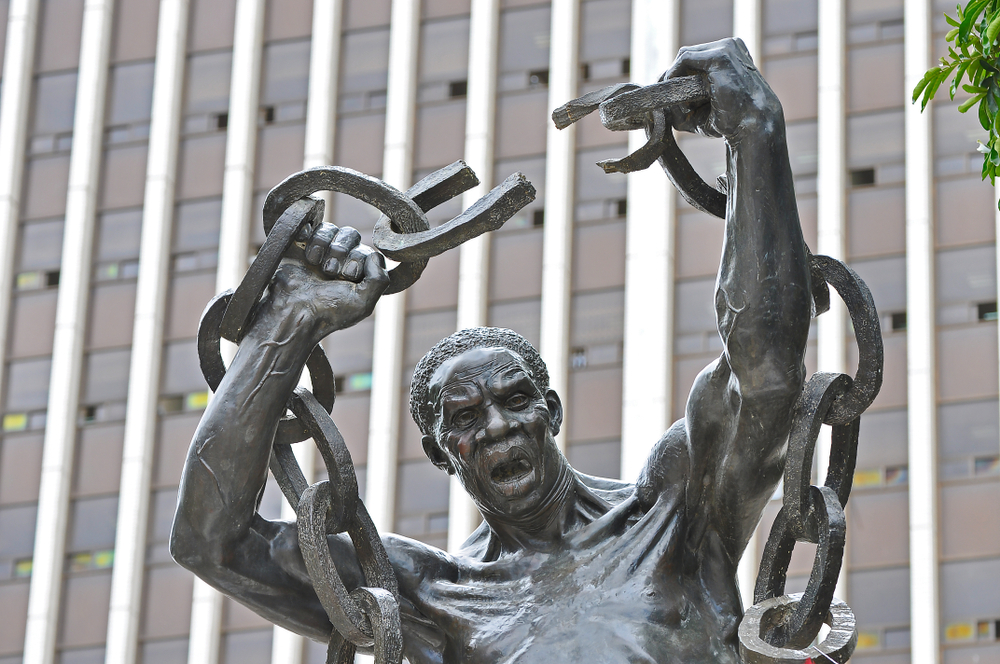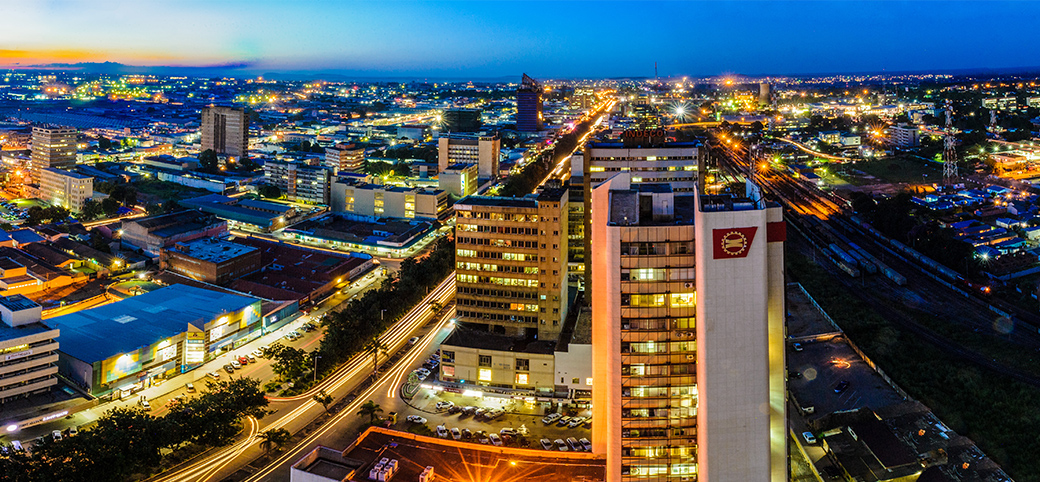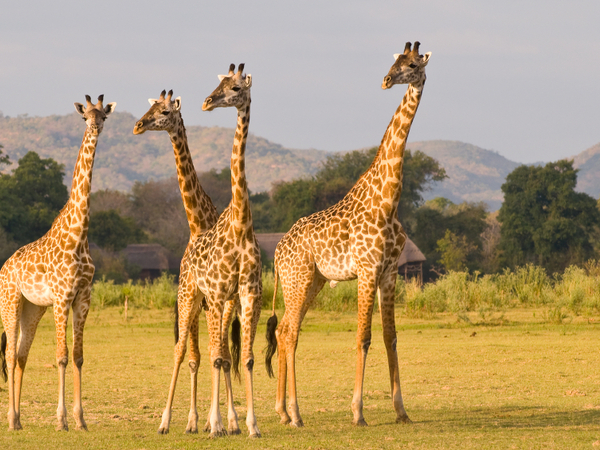zambia

A Visit to the Big Five and Victoria Falls
If you want to get the tidbits that make Africa such a revered destination, head straight for Zambia. The beautiful country rolls all the romantic notions about the continent into one non-stop itinerary. Think beautiful lakes, sun-kissed rivers, and sprawling savannahs teeming with wildlife including the Big Five.
But the gist of any trip to Zambia is the crushing Victoria Falls. Locally known as Mosi-oa-Tunya (The Smoke That Thunders), Victoria Falls is a natural wonder that makes you question why you ever got excited about that garden fountain back home.
Zambia’s capital, Lusaka, is a harmonious blend of sights, sounds, and flavors. The bustling Soweto Market is a culinary trove eager to please and one that shouldn’t be missed on any Zambia itinerary. Here’s more detailed information on Zambia;
Zambia’s capital, Lusaka, is a harmonious blend of sights, sounds, and flavors. The bustling Soweto Market is a culinary trove eager to please and one that shouldn’t be missed on any Zambia itinerary. Here’s more detailed information on Zambia;
History of Zambia
Zambia was originally inhabited by the Khoisan and Batwa peoples around AD 300 before the migrating Bantu groups began to settle. The Khoisan, believed to have originated in East Africa around 150,000 years ago, spread southwards. The Twa people actually fell into two groups: the Kafwe Twa, who lived near the Kafue flats, and the Lukanga Twa, who resided near the Lukanga Swamp.
These early hunter-gatherers left behind a legacy of rock art, like the Mwela Rock Paintings, Mumbwa Caves, and Nachikufu Cave. As Bantu farmers migrated, they formed patron-client relationships with the Khoisan and Twa, eventually displacing or absorbing these earlier inhabitants.
These early hunter-gatherers left behind a legacy of rock art, like the Mwela Rock Paintings, Mumbwa Caves, and Nachikufu Cave. As Bantu farmers migrated, they formed patron-client relationships with the Khoisan and Twa, eventually displacing or absorbing these earlier inhabitants.
The region also became entangled in the Portuguese slave trade, particularly western Zambia, with slaves being directed to Brazil. By 1888, British interests, spearheaded by Cecil Rhodes, had begun to dominate, with Northern and Southern Rhodesia (now Zambia and Zimbabwe) declared British spheres of influence.
Initially administered by Rhodes’ British South Africa Company (BSAC), the territory saw little development and was primarily a labor source. In 1924, administration was transferred to the British Colonial Office, with Livingstone as the capital until it moved to Lusaka in 1935.
Zambia declared an independent nation on October 24, 1964, and Kenneth Kaunda became its first president. Up until 1991, when it gained independence, Kaunda’s socialist United National Independence Party (UNIP) ruled, a period of profound political and social reform.
Initially administered by Rhodes’ British South Africa Company (BSAC), the territory saw little development and was primarily a labor source. In 1924, administration was transferred to the British Colonial Office, with Livingstone as the capital until it moved to Lusaka in 1935.
Zambia declared an independent nation on October 24, 1964, and Kenneth Kaunda became its first president. Up until 1991, when it gained independence, Kaunda’s socialist United National Independence Party (UNIP) ruled, a period of profound political and social reform.


Capital of Zambia
The capital of Zambia is Lusaka. With its dynamic blend of modernity and tradition, Lusaka offers an eclectic mix of experiences for visitors. The cityscape is dotted with high-rise buildings, bustling markets, and lush green spaces, providing a vivid contrast to Zambia’s rugged wilderness.
The Lusaka National Museum offers insights into the country’s rich history and culture, while the Manda Hill and Levy Junction shopping malls cater to modern retail needs. Local cuisine, especially in lively restaurants and street food stalls, is a delightful exploration of Zambian flavors.
Lusaka’s nightlife comes alive at dusk with dancing, music, and the kind hospitality of the natives.
The Lusaka National Museum offers insights into the country’s rich history and culture, while the Manda Hill and Levy Junction shopping malls cater to modern retail needs. Local cuisine, especially in lively restaurants and street food stalls, is a delightful exploration of Zambian flavors.
Lusaka’s nightlife comes alive at dusk with dancing, music, and the kind hospitality of the natives.
Language in Zambia
In Zambia, English is the official language. It is used for business and education. However, the local languages are the most spoken among locals. Nyanja and Bemba are the primary local languages, each dominating different regions.
In the bustling Copperbelt, Bemba takes precedence, with Nyanja as the runner-up. However, this dynamic flips in the capital city of Lusaka, where Nyanja is the predominant local language, followed by Bemba.
In the bustling Copperbelt, Bemba takes precedence, with Nyanja as the runner-up. However, this dynamic flips in the capital city of Lusaka, where Nyanja is the predominant local language, followed by Bemba.
Currency in Zambia
The official currency of Zambia is the Zambian kwacha (ZMK or ZMW). Each ZMW is subdivided into 100 Ngwee. Currently, $1 equates to 24 ZMW. Most of the local shops, restaurants, and markets transact with the Kwacha. However, a select few malls and hotels in Lusaka accept USD for transactions.
itinerary
TBD Pickup from airport to accommodation
09:00 Visit the palace of Chief Mukuni, a respected leader of the Toka Leya people. Learn about the history and culture of the local tribes and their leadership.
Sunset Cruise
14:00 Game Drive and Rhino Walk in the Mosi oa Tunya National Park
18:30 The Mukuni Boma dinner is an immersive cultural experience featuring traditional Zambian cuisine, vibrant local music, and captivating dance performances. Held in an authentic village setting, it offers guests a unique opportunity to engage with the local culture and traditions. The evening culminates with storytelling around a bonfire, creating a memorable and enriching experience.
07:00 The Chobe day trip from Livingstone offers an exciting journey into Chobe National Park in Botswana, renowned for its abundant wildlife. The adventure begins with a scenic drive to the Chobe River, where guests embark on a morning river cruise, providing close-up views of hippos, crocodiles, and a variety of bird species. After a delicious lunch at a riverside lodge, the trip continues with an afternoon game drive through the park's diverse landscapes, offering opportunities to see elephants, lions, and other wildlife in their natural habitat. The day concludes with a return transfer to Livingstone, leaving guests with unforgettable memories of the African wilderness.
07:00 The Mukwalantila village tour offers an intimate glimpse into the daily lives and traditions of the local community in Livingstone, Zambia. Visitors are warmly welcomed by villagers and guided through their homes, learning about traditional practices, agriculture, and crafts. The tour includes interactive activities such as trying local cooking methods. This immersive experience fosters a deeper understanding and appreciation of the rich cultural heritage of the Mukwalantila people, providing a meaningful connection with the local way of life.
07:00 Tour of the Victoria Falls Zambia
Discover ME Partner driver will be ready to drive you to the Airport-please be on time or you will have to make personal arrangements for your airport transportation.


